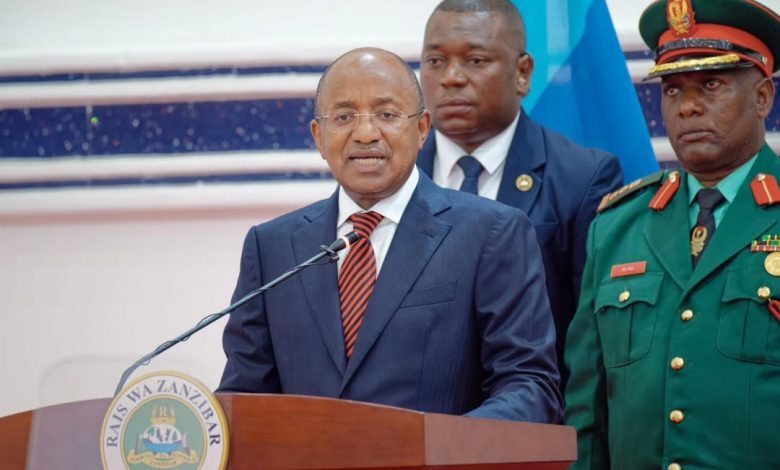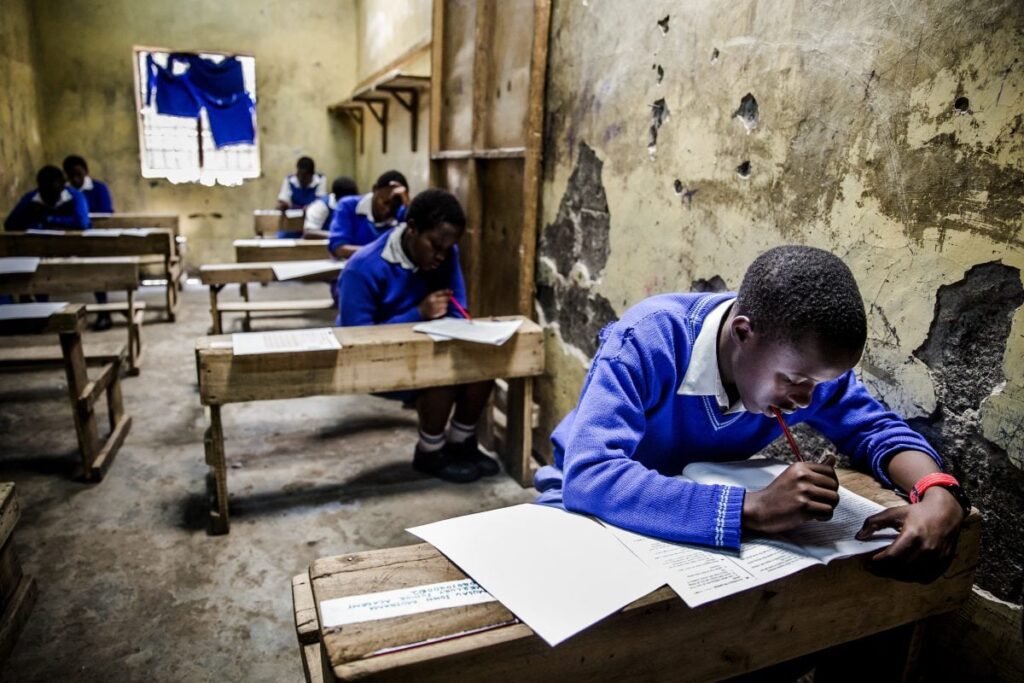
Tuesday 21st November 2025

by inAfrika Newsroom
The Africa foundational learning crisis came into sharper focus this month as UNESCO released its 2025 Spotlight report on basic education completion and learning in Africa. The analysis, prepared with the African Centre for School Leadership, finds that only around 10.8% of children reach minimum proficiency in reading and mathematics by the end of primary school.
According to the Africa foundational learning crisis report, millions of children attend school but fail to master basic skills. Learning assessments across multiple countries show that most pupils cannot read a simple sentence or solve basic arithmetic problems at the expected age. The UNESCO Global Education Monitoring Report has described this as “learning poverty”, which has deepened after COVID-19 disruptions.
Moreover, the new Spotlight underlines wide inequalities. Children in rural areas, conflict zones, informal settlements and poorer households are far more likely to fall behind or drop out. Instruction in languages that learners do not speak at home, large class sizes and limited teacher support all weaken outcomes. Nevertheless, the report points to promising programmes in countries such as Ghana, Ethiopia and Liberia, where targeted interventions have improved early-grade reading and maths.
UNESCO and African partners argue that tackling the Africa foundational learning crisis requires a shift in focus. Instead of measuring success mainly by enrolment, they call for policies that prioritise learning in the first years of school. This means investing in teacher training, coaching and materials tied to children’s home languages and real-life contexts.
In addition, the report urges stronger community engagement. Parents, local leaders and school boards can help track progress, support attendance and hold systems accountable. The authors also recommend smarter use of limited budgets, for example by protecting early-grade spending even during fiscal stress. African Union bodies are expected to draw on the findings as they refine continental education strategies.
The Africa foundational learning crisis matters because it quietly shapes the continent’s future workforce and citizens. Children who leave primary school without basic reading and maths struggle to progress in later grades, and many drop out entirely. As a result, countries lose potential engineers, nurses, entrepreneurs and informed voters before they even reach adolescence. Poor learning also undermines returns on public spending, since governments pay for schooling that does not deliver skills. Conversely, evidence from pilots shows that simple, well-designed programmes can lift outcomes quickly, even with tight budgets. If leaders use the new data to reorient policies and funding toward early learning, Africa can turn classrooms into genuine engines of opportunity, not waiting rooms where time is lost.
